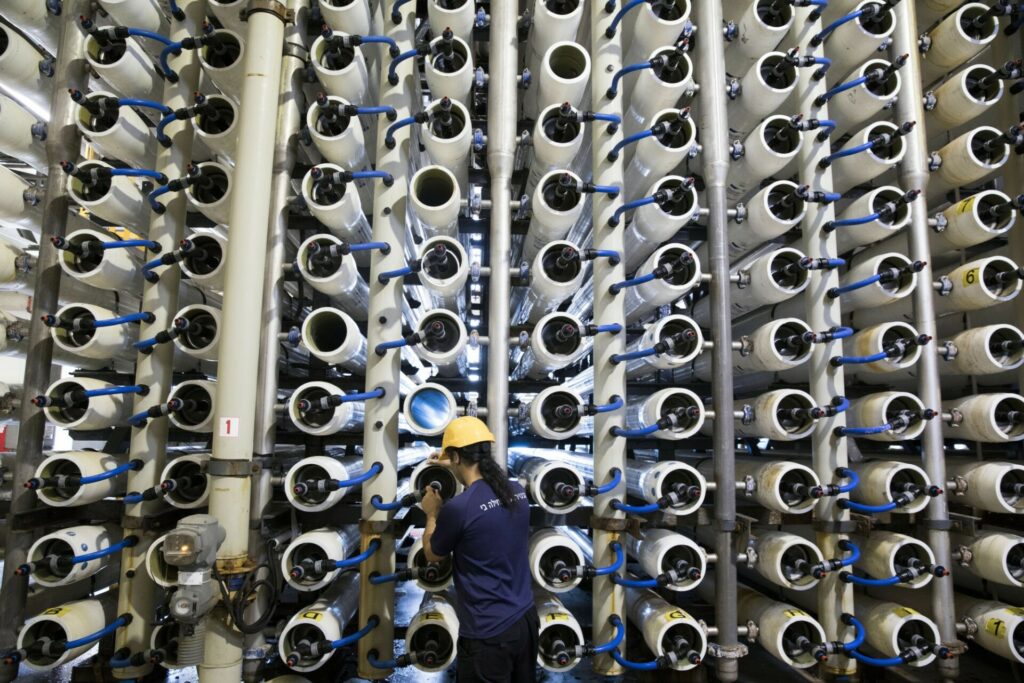In Xenophon’s work “Anabasis of Cyrus,” the exhausted Greek soldiers, upon seeing the Black Sea, exclaimed “Thalatta, thalatta,” expressing their relief as their hardships were coming to an end. Today, in a Mediterranean region increasingly affected by water scarcity —including Greece— the sea once again emerges as a “lifeline.” Desalination appears as one of the most sustainable solutions for addressing water shortages.
However, as history has taught us, when the natural is replaced by the artificial, the results are not always as expected. In the case of desalination, the cost of constructing and operating infrastructure is high, and quality issues cannot be ignored. The experience of Saudi Arabia, which has made significant investments in this sector, confirms that this is an “expensive” solution.
Nevertheless, the increasing participation of renewable energy sources in the energy mix of countries like Greece, where it exceeds 55%, creates prospects for reducing desalination costs, making it more feasible and sustainable. In a future where water scarcity is expected to worsen, utilizing the sea through desalination may constitute the necessary step for ensuring adequate and quality water.
Read more at Powergame.gr




